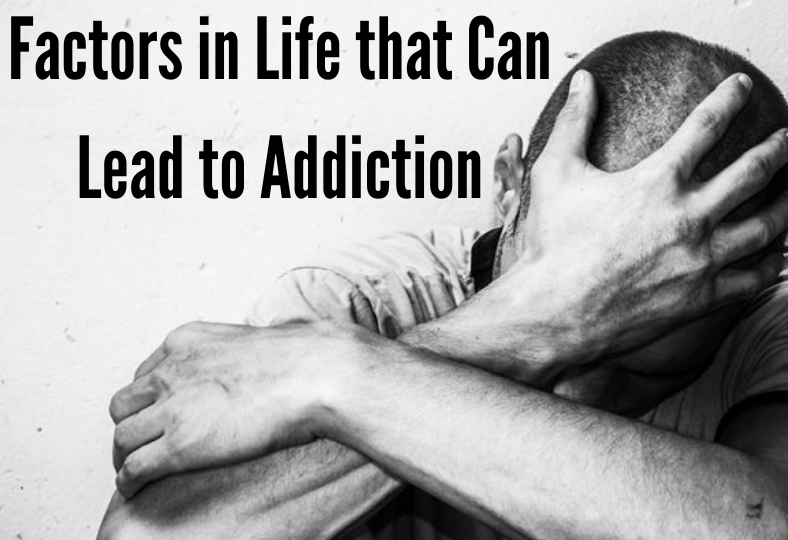In the U.S., addiction is a problem that affects nearly one in every five adults. In fact, there are more than two million Americans who have an alcohol use disorder and over 500,000 with drug use disorders. Addiction has been linked to a range of factors from genetics to environment, but it’s often difficult for those suffering from addiction to pinpoint the cause. This blog post will explore what some of these factors may be and how they can lead someone down a path towards substance abuse.
Work Burnout
Work burnout is a state of physical, emotional, and mental exhaustion caused by excessive and prolonged stress at work. It involves feelings of frustration, disappointment, disengagement, and low personal accomplishment. Stressful work environments or work burnout may make it more difficult for someone to avoid addiction because stress could drive an individual towards substances in order to find relief. In other words, work burnout and work stress could lead someone down a path towards substance abuse and addiction.
Many experts believe that work stress and drug use often go hand-in-hand . According to the Anxiety and Depression Association of America (ADAA), work stress is considered one of the most common triggers for anxiety disorders, and work stress has also been linked to alcohol problems.

Genetics
Addiction is not due to a lack of morals or weak willpower. Your brain’s chemical reactions to an addiction are very different from those in someone who doesn’t have one. This is why someone may be able to smoke cigarettes occasionally for pleasure but another person needs them daily to function.
Addiction is linked to heredity. Some people inherit certain genes from their parents that can increase their risk of developing an addiction. You may be vulnerable to a variety of addictions if you are an addict. If you have an alcoholic parent, for example, you may choose to not drink, but become addicted to gambling or smoking.

Your Surroundings
Your risk of becoming addicted can be increased by your environment. Lack of parental involvement in children’s lives can cause them to take greater risks or experiment with other drugs. Teens who are neglected or abused by their parents might also resort to alcohol or drugs to deal with their emotions. Adults can even turn to alcohol or drugs after spending extensive amounts of time with people who indulge in the same.
You may need to avoid certain activities, settings, and people if you are trying to overcome an addiction or are worried about developing an addiction. You may have to avoid people you used drugs with in the past or avoid those who currently use drugs. There are certain situations and social groups that can trigger cravings, which could increase your chances of relapse. Even after long periods of sobriety, this can happen.

Mental Illness
If you have an addictive disorder as well as a mental illness, you are considered a dual diagnosis and would need to undergo mental health treatment. Your risk of becoming addicted can be increased by having underlying mental health conditions. An addiction can also make other mental health conditions worse. This can lead to a vicious circle in which your addiction progresses quickly with severe consequences. For a brief time, you may think that alcohol or drugs will reduce your depression symptoms. Addiction will only make matters worse in the long-term.
Your risk of becoming addicted can be increased by other medical conditions. You may also be at risk if you are prescribed pain medication after surgery. A serious injury or illness can also alter your lifestyle and lead to you turning to drugs or alcohol for coping. Your doctor will help you to develop more effective strategies for coping with changes in your lifestyle and health.

Conclusion
While some people may be able to pinpoint the cause of their addiction, for many others it’s difficult. It can take years before someone realizes they have an issue and so much longer until they are ready to seek help. If you think you may have an addiction, research local drug treatment centers. Don’t wait any longer than necessary — contact a drug rehab center today!


